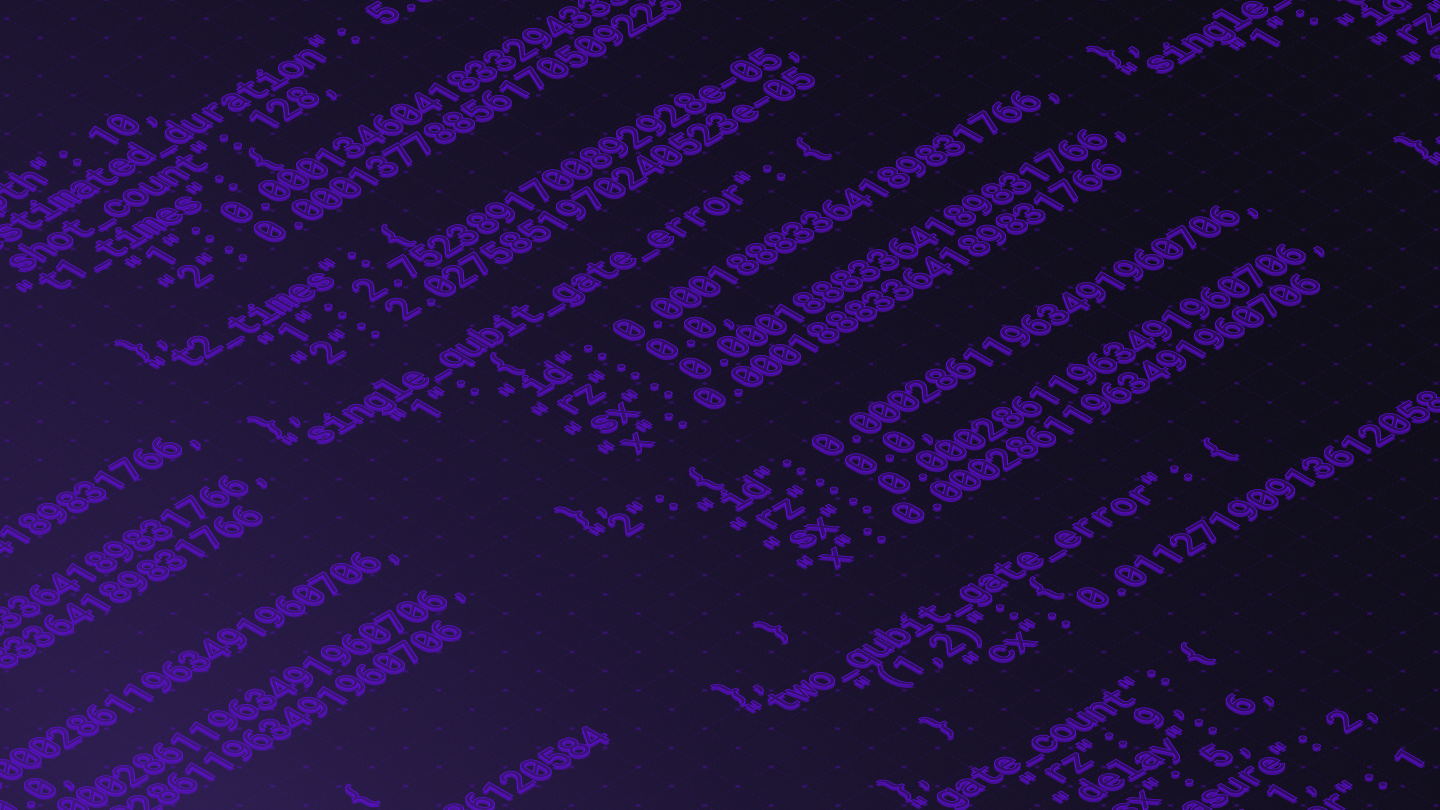Q-CTRL, Diraq Partner to Secure Millions for Three Public-Sector Quantum Projects

Australian companies teaming up to pursue international projects funded by the US and Australian governments aimed at accelerating commercial adoption of quantum computing.
Sydney September 5, 2023 – Q-CTRL, a global leader in developing useful quantum technologies through quantum control infrastructure software, and Diraq, a leading innovator in Silicon-based quantum computing, today announced they will be partnering on three multi-million-dollar projects to expand the commercial adoption of quantum computing. It represents the first stage of an anticipated partnership delivering new, high-impact quantum computing capabilities to the global market, from Australia.
The two Australian quantum technology companies will deliver three projects together: two from the NSW Office of the Chief Scientist and Engineer’s Quantum Computing Commercialisation Fund (QCCF) and one from the U.S. Army Research Office. Q-CTRL and Diraq are sharing responsibilities on the projects: Diraq will develop and provide access to its Silicon quantum computing hardware and Q-CTRL will build and integrate its quantum infrastructure software solutions to deliver maximum end-user value from the hardware.
Q-CTRL and Diraq highlight Australia’s leading role in the global quantum technology industry. Diraq’s hardware is constructed using a novel technology known as spins in silicon, offering true scalability in the number of qubits to the many millions, and ultimately billions per chip. Q-CTRL is a category-defining business focused on developing quantum infrastructure software to improve the utility and performance of quantum hardware. Michael Biercuk, founder and CEO of Q-CTRL, and Andrew Dzurak founder and CEO of Diraq, have been colleagues for over 20 years – first in academia and later in industry – and are recognized pioneers in their technical specialties.
The Australian quantum ecosystem is flourishing, and with the recently announced National Quantum Strategy, the Government has taken steps to be an active supporter in growing the industry.
The Quantum Computing Commercialisation Fund is an initiative from New South Wales to empower Australian quantum computing hardware and software companies. The projects focus on increasing the commercial and technological readiness of quantum computing technologies in order to support long-term commercial activities. The projects shared between Diraq and Q-CTRL will help deliver Australia’s first cloud-accessible silicon quantum processor, and help orient this technology towards providing cutting-edge capabilities to Australia’s globally leading financial services sector.
“The partnership between Diraq and Q-CTRL exemplifies our shared commitment to driving the next era of innovation in the quantum computing industry, both locally in Australia and globally,” said Diraq CEO and Founder, Andrew Dzurak. “We are delighted to collaborate with Q-CTRL, leveraging our specialised areas of expertise to jointly drive successful outcomes across these transformative projects.
Australian companies and University teams have long engaged with the US Army Research Office in support of quantum computing capability development. In the current project led by Diraq, the two teams will focus on developing novel techniques to operate and optimize next-generation Silicon quantum processors. The ARO R&D program now aligns with quantum technology initiatives supported under the trilateral AUKUS agreement’s Pillar II. AUKUS Pillar II is aimed at enhancing capabilities and interoperability with a focus on cyber capabilities, AI, quantum technologies and undersea capabilities. In July, Q-CTRL announced a separate deal with the Australian Department of Defence, centering around quantum sensors for navigation; the technological breakthroughs would be shared with AUKUS partners in the US and UK.
“It’s exciting to see Australia’s two leading quantum computing companies collaborating to deliver true sovereign capability in one of the most profound technical fields of the century,” said Q-CTRL CEO and Founder, Michael Biercuk. “We’re thrilled to be helping accelerate the work of our friends at Diraq, and ensuring these powerful new systems deliver value broadly across the Australian and global economies.”
About Diraq
Diraq is a world leader in building quantum processors using silicon ‘quantum dot’ technology, leveraging over two decades in engineering and research expertise at UNSW Sydney and backed by an extensive IP portfolio. Diraq’s goal is to revolutionise full-stack quantum computing by driving qubit numbers on a single chip to the many millions, and ultimately billions needed for useful commercial applications.
By capitalising on existing chip fabrication technology and the ability to manufacture qubits at scale within current semiconductor facilities, Diraq is accelerating the change that can transform computing as we know it today. Diraq’s platform architecture is purpose-built to drive the significant processing advances required to reduce cost and energy barriers and to realise quantum computing’s full societal and economic potential.
About Q-CTRL
Q-CTRL’s quantum control infrastructure software for R&D professionals and quantum computing end users delivers the highest performance error-correcting and suppressing techniques globally, and provides a unique capability, accelerating the pathway to the first useful quantum computers and quantum sensors. Q-CTRL operates a globally leading quantum sensing division focused on software-level innovation for strategic capability. Q-CTRL also has developed Black Opal, an edtech platform that enables users to quickly learn quantum computing.
Founded by Michael J. Biercuk in 2017, Q-CTRL has pioneered the quantum infrastructure software segment and has become the leading product-focused software company in the broader quantum sector. Q-CTRL has been an inaugural member of the IBM Quantum Network startup program since 2018, and its performance management software now runs natively on IBM quantum computers. The company has international headquarters in Sydney, Los Angeles, Berlin, and London.



